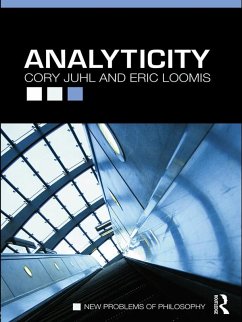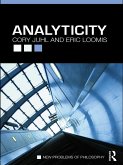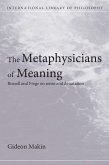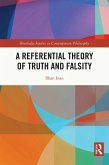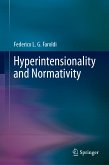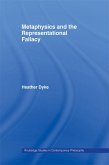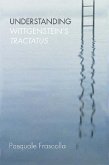Dieser Download kann aus rechtlichen Gründen nur mit Rechnungsadresse in A, B, BG, CY, CZ, D, DK, EW, E, FIN, F, GR, HR, H, IRL, I, LT, L, LR, M, NL, PL, P, R, S, SLO, SK ausgeliefert werden.
'This is a great book, and certainly the best introduction to the history of analytic/synthetic distinction out there. Juhl and Loomis trace the distinction through the work of Kant, Bolzano and Frege, before paying special attention the development of Quine and Carnap's views, and presenting and defending their own account of analyticity.' - Gillian Russell, Washington University, St Louis, USA

